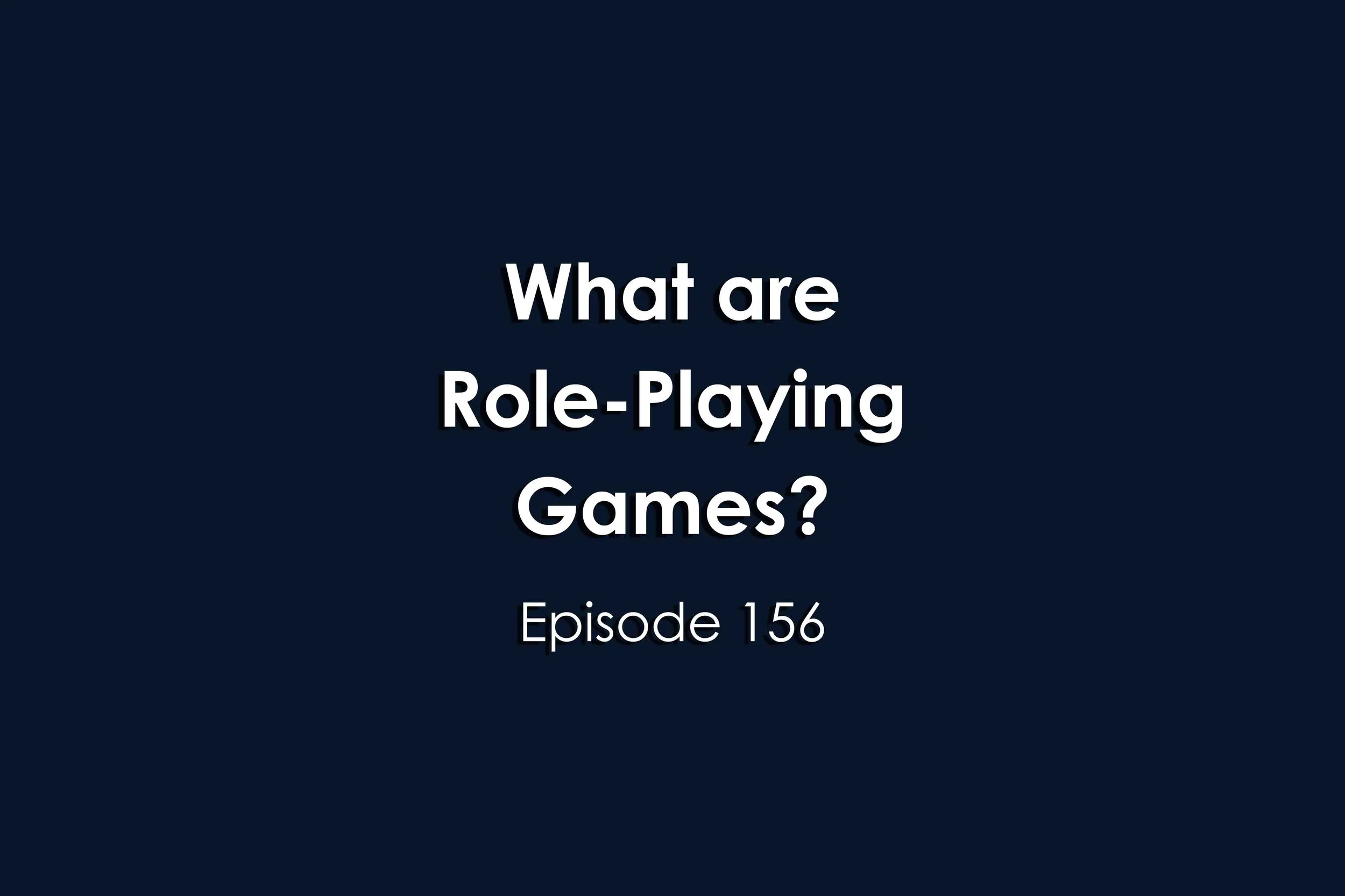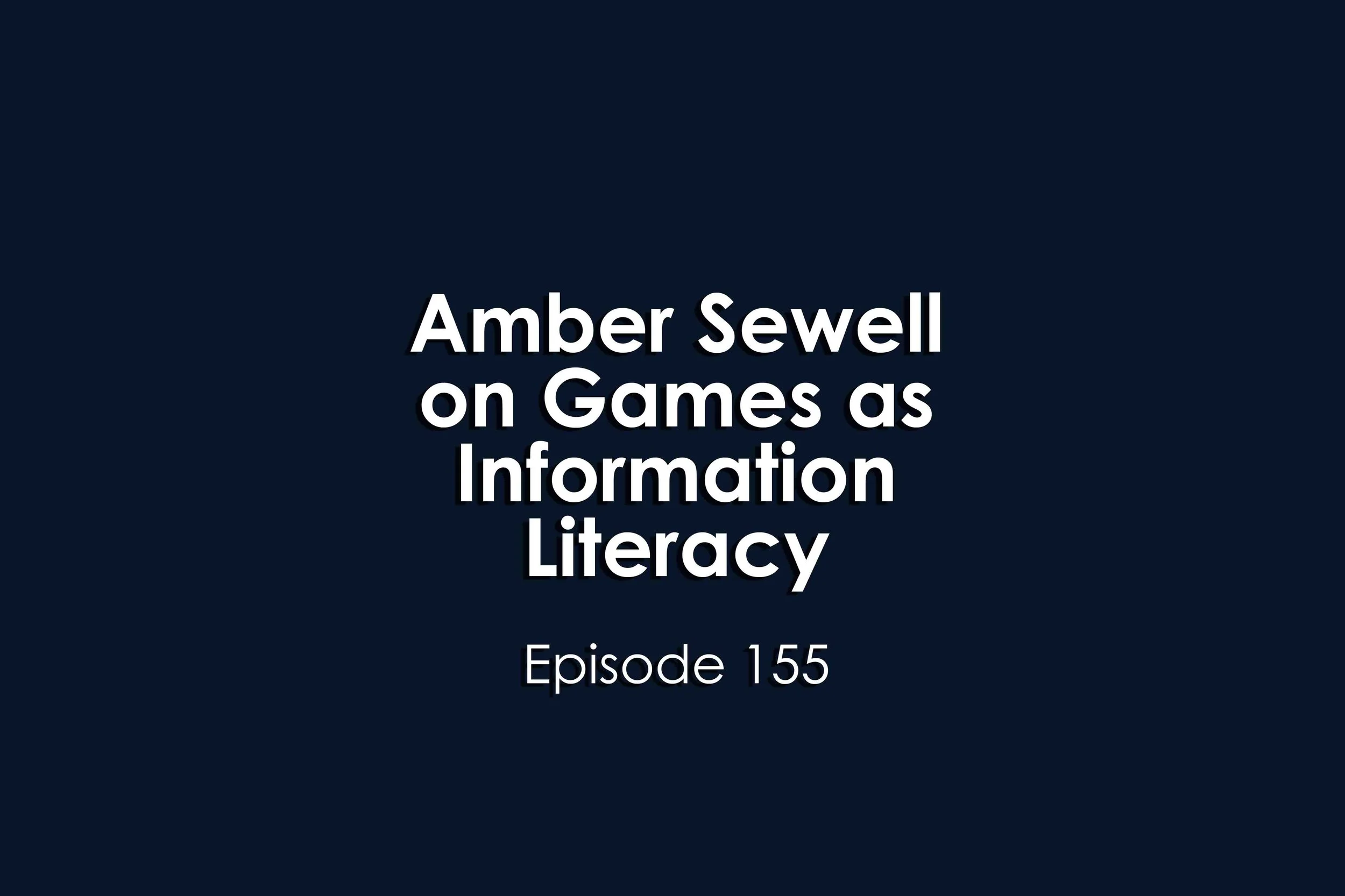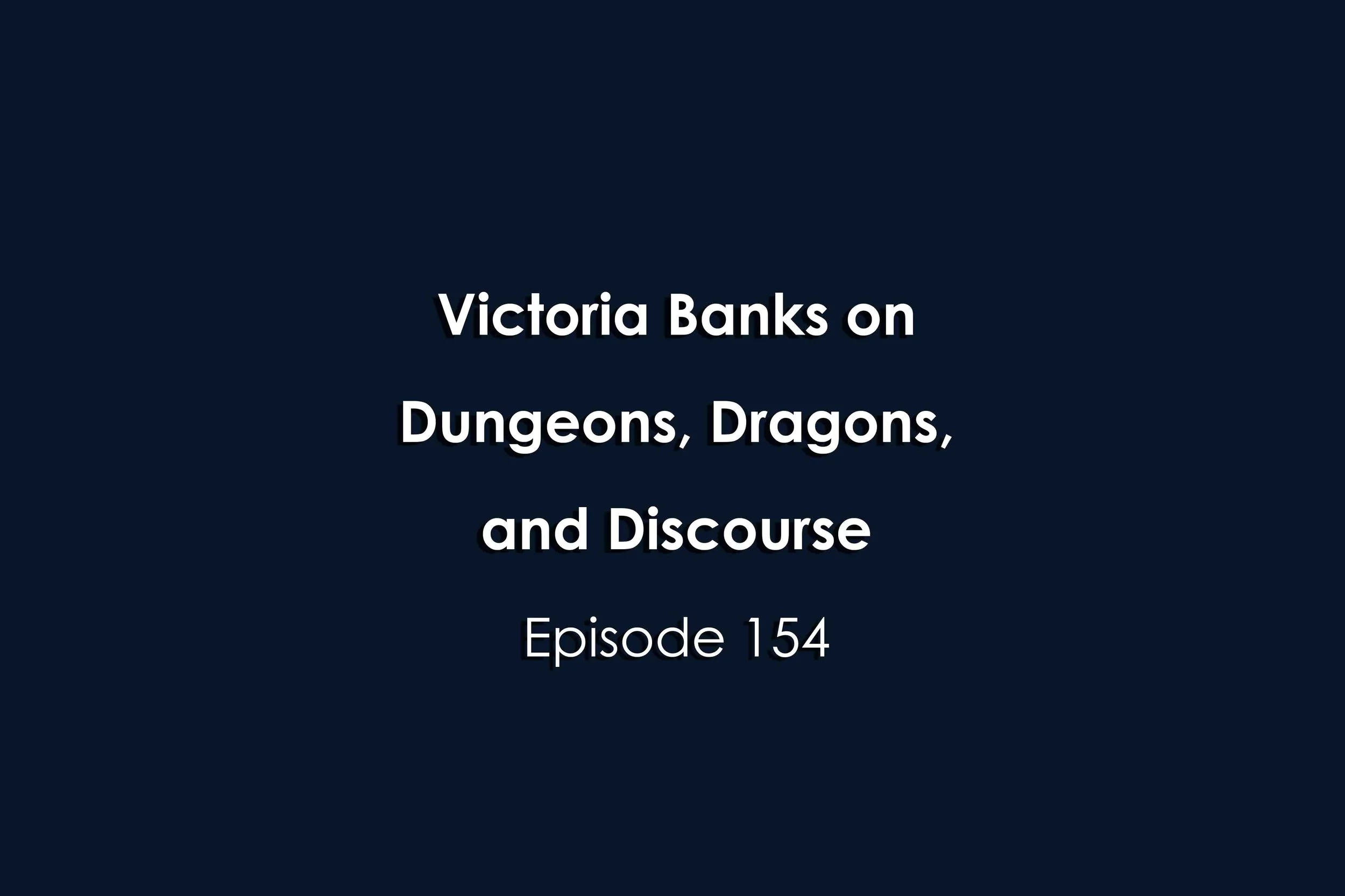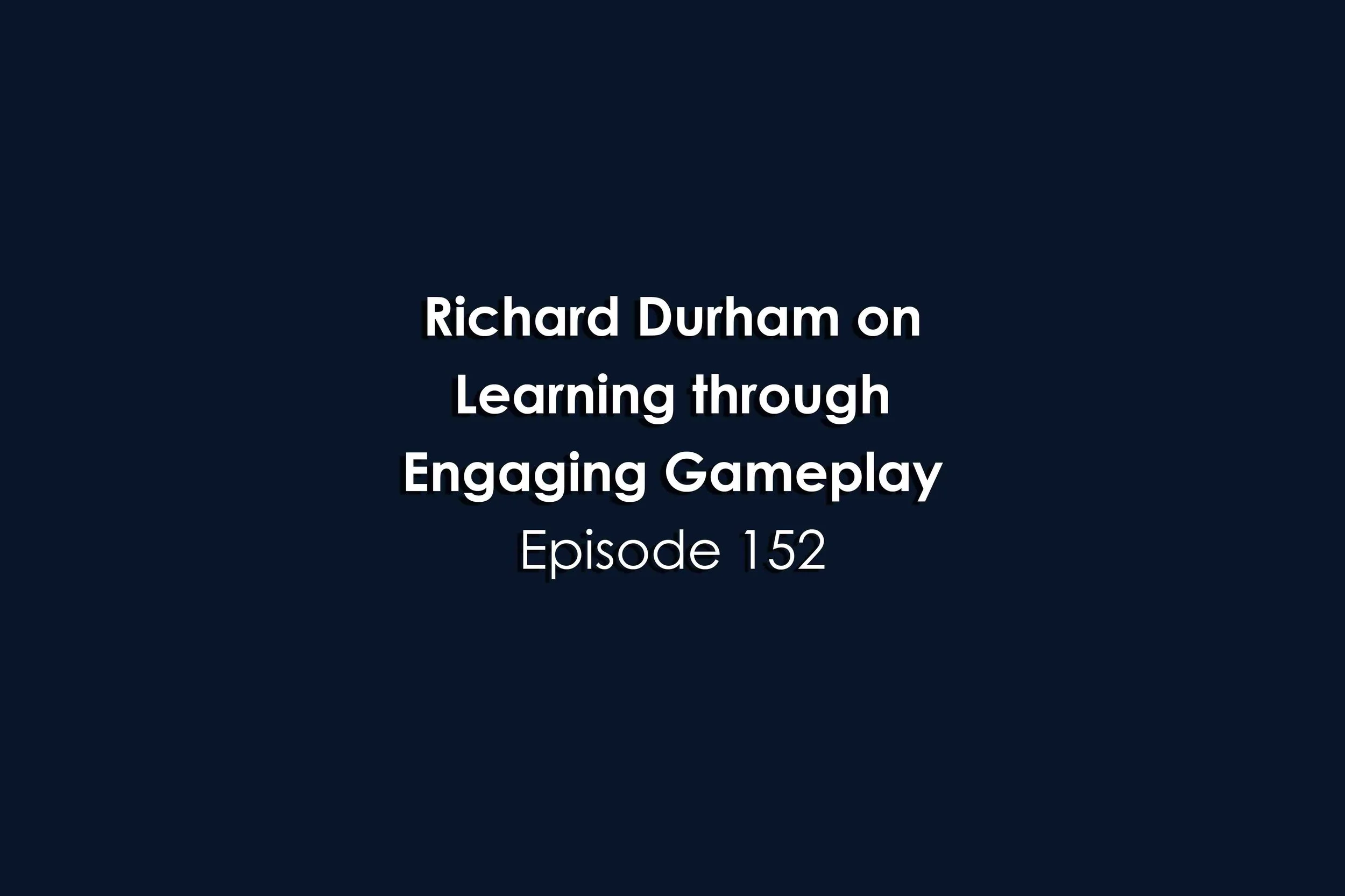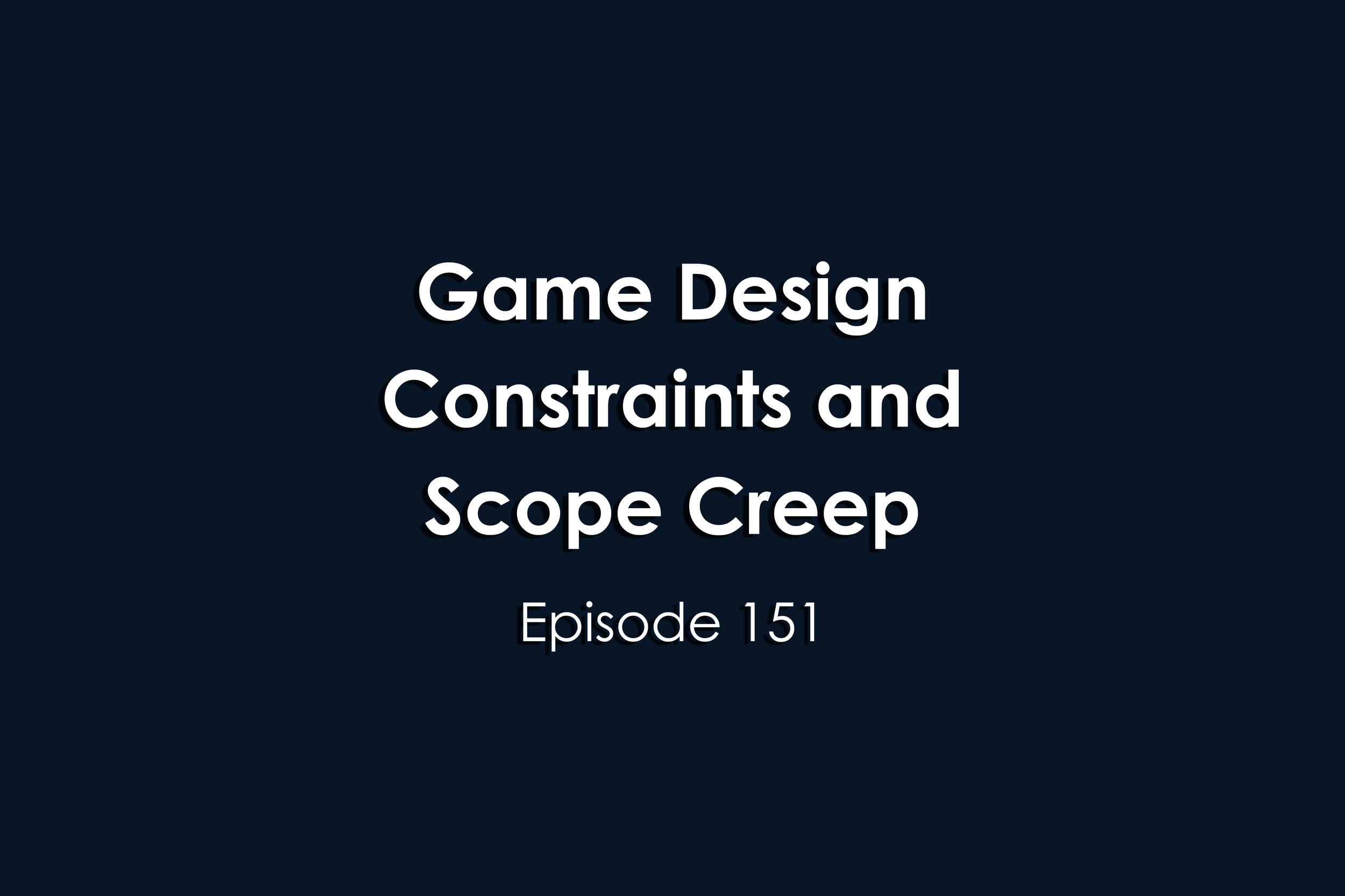Today, we’re diving into one of the most fascinating - and frankly, most misunderstood - forms of interactive play: Role-Playing Games, or RPGs. So what are RPGs? Are they just about dice rolls and dragons? Are they all swords and stats? Or is there something deeper, and something profoundly human, about stepping into someone else’s shoes in a world that is not quite our own.
Read MoreIn this episode of Experience Points, Dave Eng talks with Amber Sewell, a Teaching and Learning Librarian at UNLV, about using games to teach information literacy. Amber shares how her classroom activity Authority Argle Bargle turns debates about academic majors into playful, critical discussions on credibility and source evaluation. She also reflects on how games and podcasting—like her own LibParlor Podcast—help make scholarship more accessible by blending pop culture, pedagogy, and real-world relevance.
Read MoreIn this episode of Experience Points, Dave Eng talks with Amber Sewell, a Teaching and Learning Librarian at UNLV, about using games to teach information literacy. Amber shares how her classroom activity Authority Argle Bargle turns debates about academic majors into playful, critical discussions on credibility and source evaluation. She also reflects on how games and podcasting—like her own LibParlor Podcast—help make scholarship more accessible by blending pop culture, pedagogy, and real-world relevance.
Read MoreIn this episode of Experience Points, Dave Eng interviews Victoria Banks, a Clemson University PhD student and video game scriptwriter, on using Dungeons & Dragons–inspired course design to engage students. She explains how mechanics like levels, boss battles, and character creation boost motivation and agency, while linking game rhetoric to classroom design. Sharing stories of students tickling dragons or exploiting overpowered abilities, Victoria reflects on balancing play and structure. The episode shows how games transform classrooms into spaces of creativity, choice, and discovery.
Read MoreIn this episode of AP Table Talk, Brian and Dave explore Variable Player Powers, where players get unique abilities (or flaws!) that shape strategy and spark replayability. From the classic HeroQuest and Battlestar Galactica to asymmetric gems like Root, Sky Team, and Star Wars: Rebellion, they break down how this mechanic fuels dynamic gameplay, negotiation, and storytelling.
Read MoreIn this episode of Experience Points, Dave Eng speaks with Richard Durham, a prolific game designer, creative director, and educator at Wondertree Studios. Richard shares insights from designing over 30 games across mediums—from street festivals and museum activations to tabletop and secret events—driven by curiosity and a focus on player experience. He explains his “quick, dirty, backwards” design approach, using laddering questions to uncover core values and align game goals with meaningful outcomes. They explore intentional incoherence, balancing fidelity and abstraction, and how purposeful design choices spark discussion and deeper engagement. Richard emphasizes debriefing as essential for transforming gameplay into lasting learning.
Read MoreToday, we’re diving into two little words that have the power to either catapult your project forward… or completely derail it. Those words? Constraints and scope creep. Maybe you’ve heard them thrown around in design meetings. Maybe you’ve bumped into them the hard way on your own projects. Either way, by the end of this episode, you’ll see why understanding these two forces—and learning to wield them wisely—is absolutely essential to your success as a designer.
Read MoreToday, we’re diving deep into a concept that sits right at the heart of game design: core dynamics. What makes a game engaging? Why do some games pull us in and keep us coming back? It’s not just the artwork or the theme. It's not even the mechanics alone.
Read MoreIn this episode of Experience Points, Dave Eng interviews Josefine Schwarzer, a German occupational therapist exploring how tabletop RPGs and LARPs support mental health. Josefine shares how role-play creates safe, expressive spaces that boost self-esteem and break from anxiety. She recounts clients using fantasy roles to assert themselves and even physical rehab sessions transformed into Minecraft sword battles. Together, they discuss “bleed,” storytelling’s power to build empathy, and how shared narratives deepen therapeutic bonds. Josefine highlights the inclusive LARP community and encourages playful approaches in therapy. The episode reveals games’ unique ability to connect, heal, and inspire personal growth.
Read MoreIn this episode of Experience Points, host Dave Eng welcomes Michael Low—educator, game designer, and creator of Stories RPG. Michael shares the powerful story behind Luna Uni, a tabletop role-playing curriculum that transforms writing instruction through collaborative storytelling. From 100% student writing gains to building emotionally resonant classrooms, Michael explains how play, character-driven narratives, and East Asian story structures can supercharge literacy and connection. Whether you're an educator, gamer, or curious learner, this episode unpacks the magic of fusing RPGs with pedagogy to build a joyful, self-sustaining learning culture.
Read MoreIn this episode of Experience Points, host Dave Eng interviews educational game designer Shaun McMillan about transforming traditional lectures into interactive, game-like experiences. Shaun shares his framework for designing lectures around a single compelling multiple-choice scenario, enabling students to engage deeply with content by making critical decisions. He discusses integrating game mechanics such as voting, uncertainty, and narrative outcomes to enhance didactic instruction. The episode also explores Shaun’s classroom megagame ALLIANCE, a geopolitical simulation for up to 100 players. Shaun emphasizes modular design, accessibility, and the power of storytelling in creating immersive, educational experiences. Learn more at BestClassEver.org.
Read MoreIn this episode of AP Table Talk, Brian and Dave dig into the “Take That” game mechanic. From classics like UNO, Sorry!, and Risk to modern favorites like Munchkin, Blood Rage, and King of Tokyo: Duel, they explore how denial, betrayal, and revenge fuel tension, drama, and unforgettable tabletop stories.
Read MoreToday, we’re diving into something that might seem simple on the surface, but as it turns out, it's anything but. In this episode, we’re going to be talking about game types, and not just your usual categories like board games or video games. We’re digging deeper: into the psychology, the structure, and the social impact of how we play. So let’s get ready to explore the worlds of competitive, cooperative, and hybrid games—and why defining different game types isn’t nearly as straightforward as it sounds.
Read MoreIn this episode, Dave Eng interviews Ercan Altuğ Yilmaz, a leading gamification expert and creator of the TOY Framework—an evolution of existing models like Werbach’s D6 and Octalysis. Drawing from over a decade of experience and 100+ projects, Yilmaz explains how TOY’s ten-step structure blends theory with practical business needs, emphasizing behavior change beyond badges and rewards. He discusses the importance of human- and company-centric objectives, his use of 118 gamification cards, and the role of nudges in organizational settings. The episode also explores balancing academic theory with real-world application in gamified learning.
Read MoreIn today’s episode, we’re diving into how games function as mediums for interaction: as art, as social spaces, and as powerful tools for learning. We’ll explore everything from virtual worlds to tabletop classics and even some of the more unexpected ways games impact real life.
Read MoreWe all know games are fun, that’s why we play them. But when we use games for education, training, or serious learning, the challenge is making sure players aren’t just playing—they’re actually learning. In this episode, we’ll explore how learning objectives and game goals overlap, how serious games are designed for impact, and how we measure success beyond just ‘winning.’ So, buckle up—because today, we’re unlocking the next level of game-based learning!
Read MoreIn this episode of AP Table Talk, Brian and Dave dive deep into the timeless “rock-paper-scissors” (RPS) game mechanic. They explore its origins, its non-transitive nature, and how it shows up in everything from Magic: The Gathering to StarCraft and Skull King. From nostalgic toys like Battle Beasts to modern strategy in X-Wing Miniatures, the duo reflects on how RPS mechanics fuel tension, balance, and bluffing. Wrapping things up with a spirited pro/con debate, they explore whether RPS is genius design or just a flashy mini-game. Bonus round? Think predator-prey games and wasabi metaphors. Game on!
Read MoreIn this episode of Experience Points, Dave Eng welcomes game designer, artist, and educator Randy O’Connor to explore the crucial role of constraints in game design and learning. From limited resources to time pressure, constraints shape player experiences and enhance engagement. Randy shares insights on how friction creates meaningful challenges, how platform limitations influence design choices, and why designing for “not doing” can be just as impactful as action. Through examples like This War of Mine, Frostpunk, and Hades, they discuss how well-crafted restrictions foster creativity, strategy, and deeper learning.
Read MoreIn this episode of Experience Points, Dr. Janna Kellinger shares her journey from using one-shot games in high school English classes to designing fully game-based courses at UMass Boston. She discusses her book Up Your Teaching Game and how educators can design story-driven curricular games. Janna explains how she transforms Learning Management Systems (LMS) into game engines, embedding narratives and feedback loops to drive engagement. She highlights her Coding for Non-Coders course, where students learn to code to stop tech thieves. Tune in to discover how game mechanics can revolutionize online learning and student motivation.
Read MoreIn this episode of Experience Points, host Dave Eng interviews interactive artist and game designer Elena Rabkina on the power of gamification in media literacy. Elena shares her journey from intellectual gaming in Belarus to designing impactful games like Media Mayhem, which teaches players how news is created, manipulated, and consumed. She discusses how game-based education fosters critical thinking, especially in an era of misinformation and AI-generated content. Elena envisions media literacy as an essential skill and emphasizes the role of games in shaping informed, discerning citizens.
Read More

